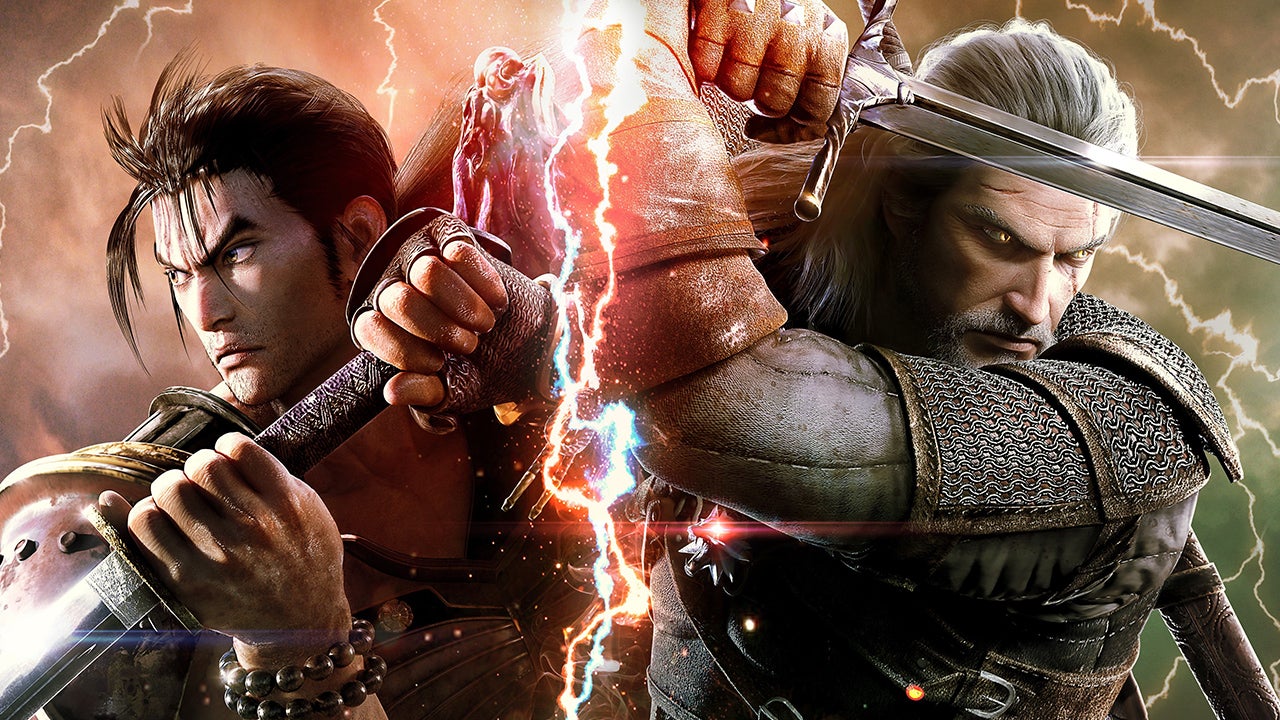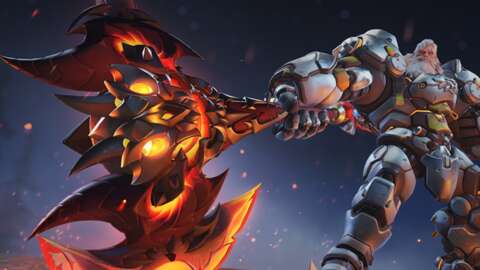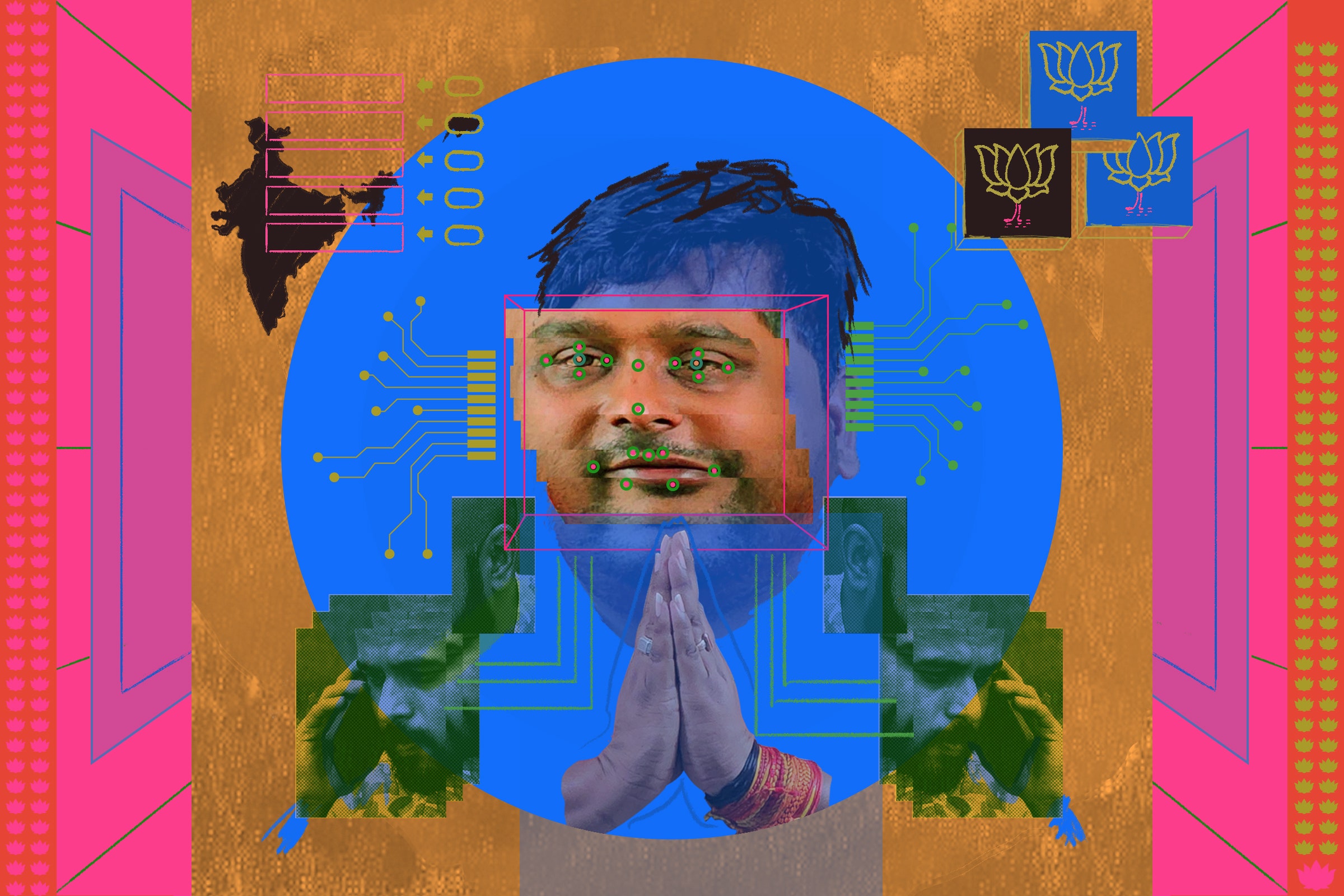It’s been six long years since the last Soul Calibur game, 2018’s Soulcalibur 6, and fans haven’t heard a peep out of Bandai Namco about a sequel. With Tekken seemingly the focus of the publisher’s fighting game ambition, the once-great Soul Calibur appears to have fallen by the wayside. But why? In a remarkably frank tweet, Tekken chief Katsuhiro Harada pointed the finger at a number of factors, including Bandai Namco itself.
Harada responded to a tweet from a user who claimed that if Soul Calibur 2 had a director like Harada himself, then sales of that game and the series would have grown over time. The user even pointed to mechanics in the older Soul Calibur games that were ditched for more recent entries as a reason for the franchise’s decline.
But Harada insisted there was much more to Soul Calibur’s demise than the simple removal of game mechanics. He pointed to the departure of key staff on the project amid structural problems at Bandai Namco that even affected him at one point. “I can tell you that the organizational changes and decision makers at Namco Bandai had a great deal to do with it,” Harada said.
Harada said the Soul Calibur series had a “strong leader” before and an “elite” group of developers. In the early days there was “friction” between the Tekken and Soul Calibur teams as the rivalry between them intensified. The strong leader quit, but “Tekken and SC were always rivals within the company as well,” Harada added. “More so than people can imagine.”
“The two projects had different visions, different development policies, and very different ways of thinking about the brand. It is not that we hated each other. However, they were such rivals that it was not surprising to think so.”
Harada revealed that when the fighting game market shifted from the arcades to home consoles, Soul Calibur outsold Tekken in North America, whereas Tekken did well in arcades. “SC was always seen as having a promising future, even within Namco, and was considered to be capable of expanding beyond the realm of fighting game in a rather global perspective,” Harada said.
Then we get to the nitty gritty of Harada’s argument: that video game developers were faced with becoming managers as they progressed along their career path, as opposed to becoming great video game developers. “In fact, at the time, the only way to advance one's career was under such a system,” Harada said. As a result, key developers would be “peeled away” from projects to work on other things, and this had a negative effect on Soul Calibur.
“Project Soul was struggling to survive (or so it seemed to me), especially among its younger members,” Harada said. “However, it seems that it was difficult for them to maintain their vision, will, and organizational structure now that they are no longer in the game development-centered world of the past, but rather ‘a game development team that is just one of all the businesses in the group companies.’”
Harada then discussed his own experience of this, where he became the head of a new department called Global Business Development, “which had nothing to do with game development.”
“This meant that from a company organizational point of view, I was out of the Tekken Project, both in terms of the company itself, its divisions and departments, and its budget management,” Harada explained.
“This was not my idea, of course, but was decided by the management at the time according to the company policy I mentioned earlier.”
In response, Harada took it upon himself to lead the Tekken Project despite having a completely different job. In short, he continued to do the job he had been forcibly “peeled away” from.
Why? “I knew that the soil and currents of such a large organization just happen from things that are happening due to delusions caused by the group mind and a head appointed solely for career advancement, with no love for that game title and no long term vision, cannot be good for the survival of the series or the fan community,” Harada said.
“And we, Tekken Project, always said that ‘the rights to the title belong to the company, but the fan community can only rely on the team that has the will to make the game.’
So, from the very beginning, I decided to completely break the ‘rule of tacit understanding in a company.’”
The Tekken Project team effectively became independent, like a separate company, a move Harada said “was very much disliked by the publisher department heads… Yeah, he hated me so much.”
The Tekken team were described as a group of outlaws, as it was the only group within Bandai Namco capable of independent decision-making.
“If there is only one major difference between Project Soul and the other companies, this is the only one,” Harada said.
“There are many titles that have disappeared in the course of these past transitions. There are no obvious villains in that history. They are all being chipped away in the course of a larger trend.
“However, I think... me and the Tekken Project, were evil in the eyes of the group companies.”
This, then, was the key to Tekken’s survival and Soul Calibur’s demise, at least from Harada’s point of view.
“So we were never obedient, but always a wicked group with a strong will (I've realized through these experiences that, unfortunately, I probably have a bad personality),” he said.
“I think this was the only difference between Tekken Project and Project Soul. I think that the fact that the number of members who had the drive to keep the title alive, even if they had to jump through all kinds of pressure, decreased as the organization changed, and that is one of the aspects that weakened Project Soul little by little. I am not saying that is all, but it was a big factor.
“Happened due to organizational policy, not individual problems.”
So where do we go from here? Is Soul Calibur truly dead? Harada offered a glimmer of hope, without confirming plans for a sequel.
“But from my point of view, I don't think the fire of Project Soul has been extinguished,” he said. “There are still a few people in the company who have the will to do it. I would like to believe that they are just not united now.”
Wesley is the UK News Editor for IGN. Find him on Twitter at @wyp100. You can reach Wesley at wesley_yinpoole@ign.com or confidentially at wyp100@proton.me.









